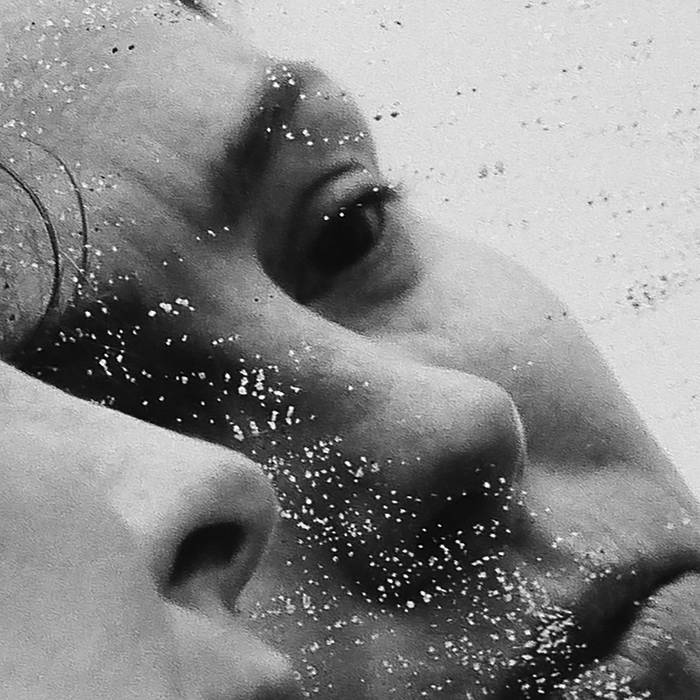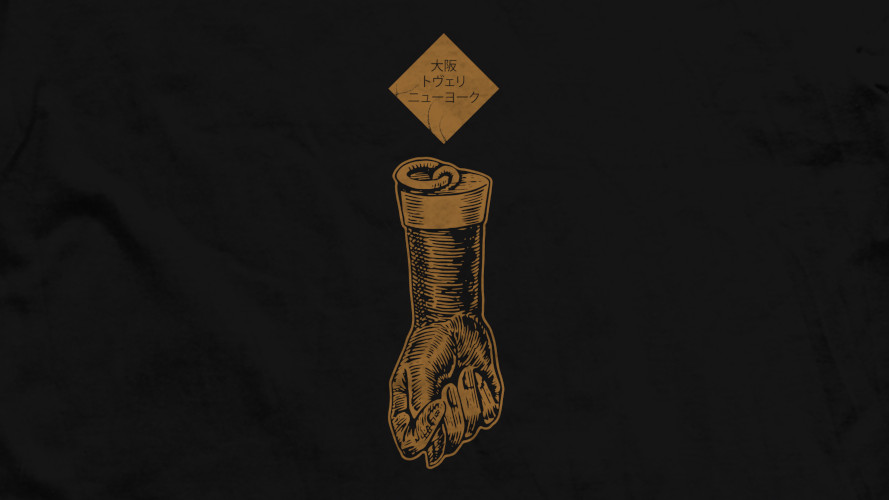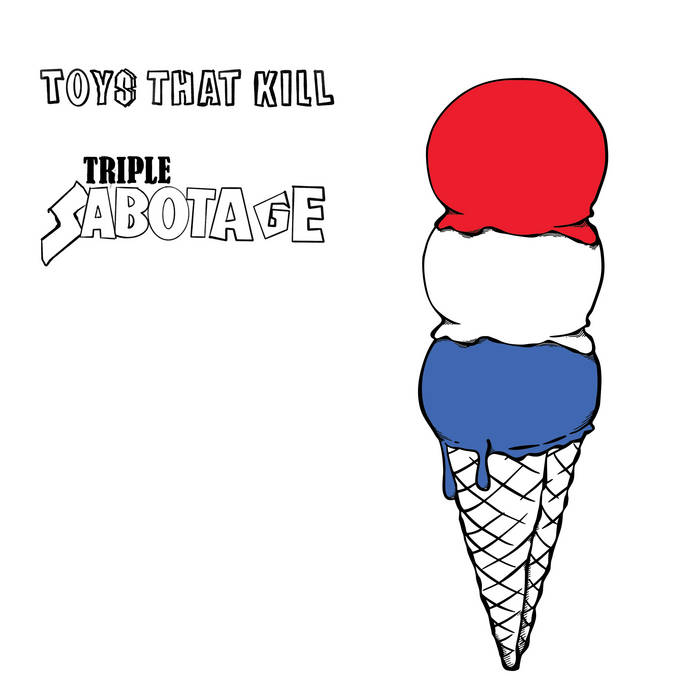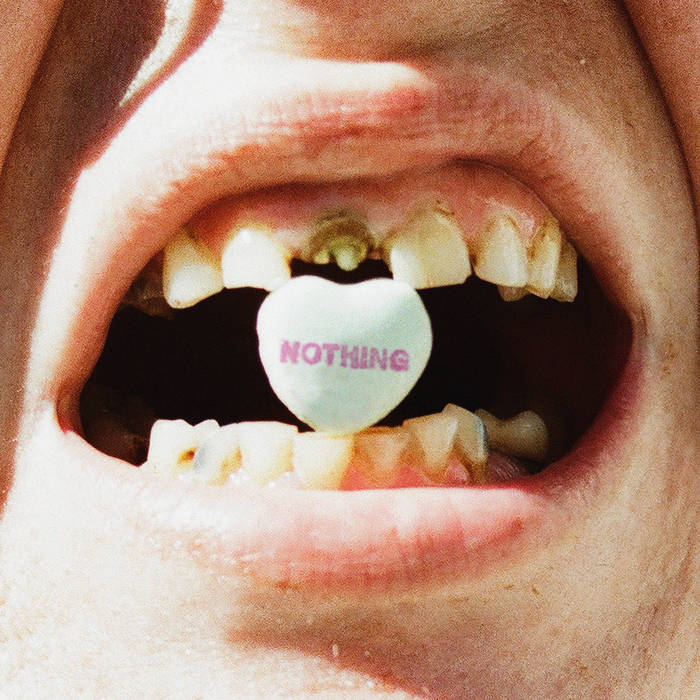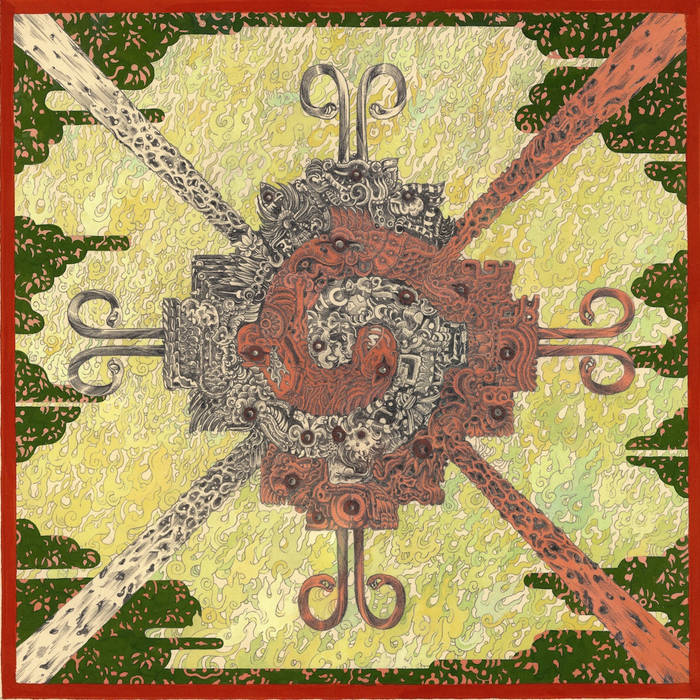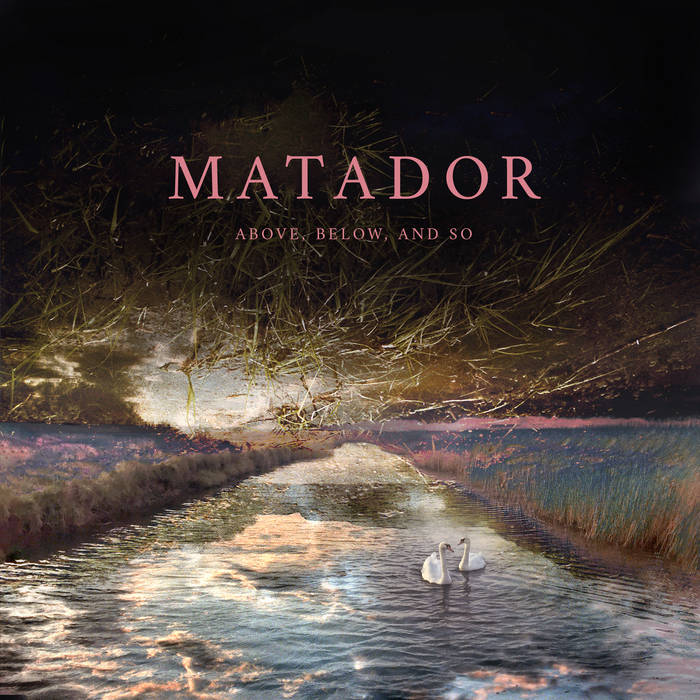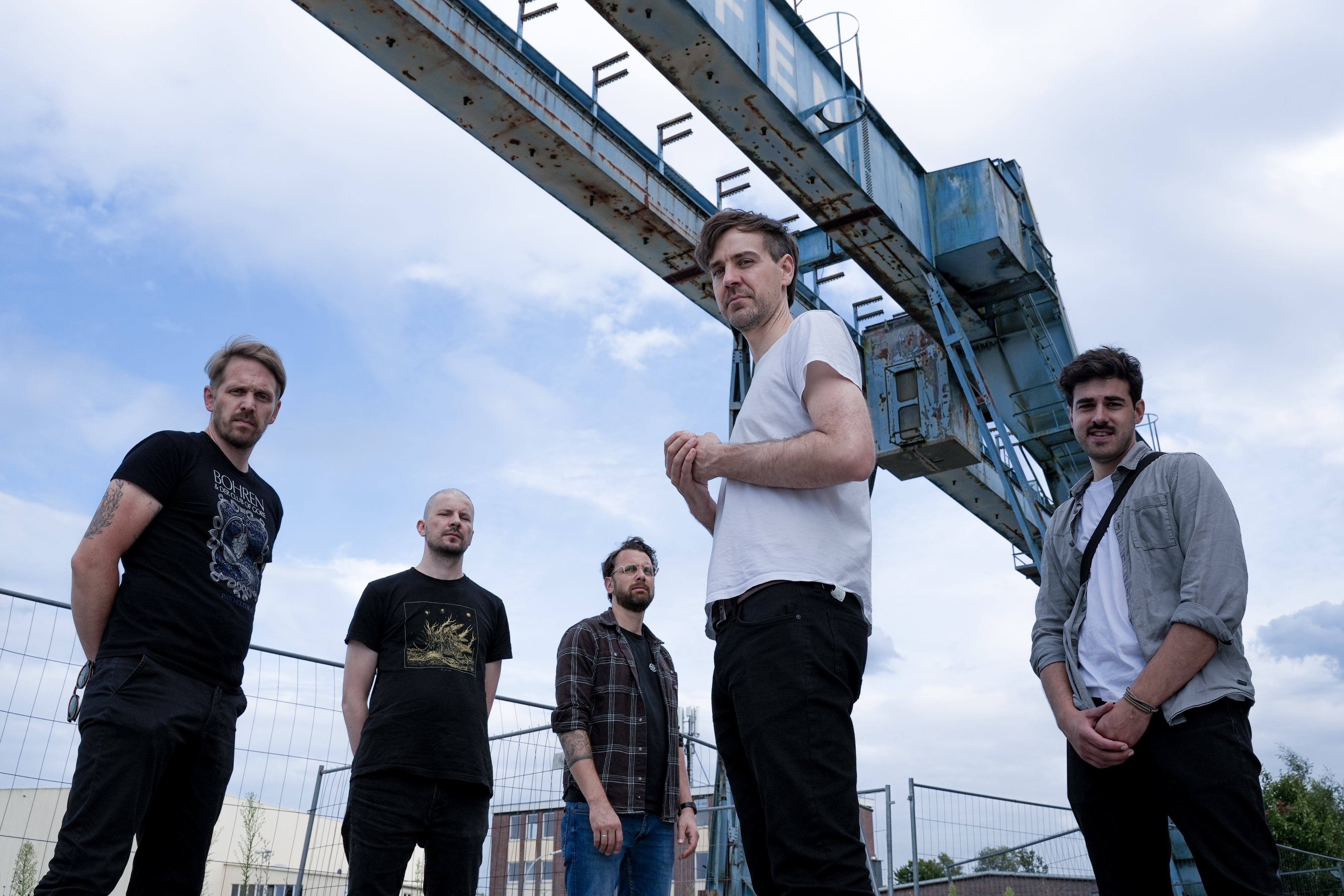After riding on and floating with the huge soundwaves of her full band on the previous album On Dark Horses and fighting against being swallowed by the gargantuan sludge of Thou on the two collaborative releases May Our Chambers Be Full and The Helm Of Sorrow, it’s not too surprising that Emma Ruth Rundle changes gears again and goes back to a less towering, more intimate format now. Because what sense would trying to be more feral and heavy than the latter even make?
Yet still her recent work Engine Of Hell isn’t just the outcome of a cyclical change of pace. By both musically and personally moving back to a time before she became a recording artist, she achieves a new level of maturity which lets us see her as clearly as seldom before.
One of the closest instances to that maturity was my first real-life encounter with her, where she silenced a room packed with over six-hundred spellbound people only with the emotive power of her voice and guitar. Much has been said and written about the significance of Emma Ruth Rundle’s Roadburn 2017 appearance. It was a defining moment not only for herself in terms of trusting her own art, but also for the whole conceptual trajectory of the festival. And somewhere in this vast internet, in my own look back on this weekend filled to the brim with stunning female voices, I made the observation that watching her even in this company “was a true revelation and will surely be talked about by the attendees for years to come. I imagine that maybe seeing Tori Amos at the very beginning of her career must have felt similar.”
This comparison was never meant to be about the music, but about its reception, due to the brave soul-baring purity of both artists. If you’ve ever seen Tori or Emma performing with their respective bands, you will remember how each had that one moment in the show, where they stayed on the stage alone and you felt a sudden shift of the emotions hitting you much deeper. The more you remove the tapestry around these singers, the more profoundly they will touch you.
On Engine Of Hell, Emma Ruth Rundle now strips down her music as far as never before, shedding the trademark of strong reverb on her vocals and guitar, and for half of the album even abandoning the guitar as her lead altogether in favour of an instrument she hasn’t been known for yet, but actually played first: the piano. In fact there are neither electronic sounds nor effects on any of the eight songs. They are all purely Emma’s voice and instrument, laid down in one complete live take, with all the authentic side noises and imperfections which occur with this approach.
Piano and guitar were both recorded with a lot of emphasis on the bass, almost as if you would lay your ear directly on the instrument’s body, which wonderfully sharpens the contrast to the delicacy of Emma’s vocals that find different, quieter and deliberately more fragile places than we have heard from her in previous years. There are additional overdubs, but they are only used sparsely as subtle enhancements, like the couple of piano notes in the guitar tune “The Company”, several minimal string arrangements or the male duet voice in “Body”.
The album is structured simply but effectively by alternating between guitar and piano compositions until switching the order up shortly before the end. One of its greatest strengths is how it utilizes restraint to keep up tension and delays its moments of relief, not even allowing the listener one of those in each song. This begins right with the opener “Return”, which (very much like “Perpetual Flame Of Centralia” from Emma’s label mate Lingua Ignota on her recent release Sinner Get Ready) keeps lingering on one dark solemn mood and just keeps you in that state, so you carry your expectation for an emotional breather over to the next song. “Blooms Of Oblivion” then still waits until its very last crescendo to grant you just enough elevation to pull you down again.
The whole experience Rundle creates on Engine Of Hell feels as unfiltered as if she leaned her forehead directly against yours and shared her innermost with you. All subjects of the album are dark and personal, dealing with themes of family, relationships, depression and addiction, and they don’t offer messages of light within themselves like for example the solacing “You Don’t Have To Cry”, the finale of On Dark Horses. I have to disagree with the artist’s own assessment that there is no hope on Engine Of Hell though, because already from this act of sharing and communicating pain to others alone - and with its beautiful execution - emerges hope.
Each and every song here represents Emma Ruth Rundle in a pure, renewed guise, at her most haunting and heartfelt. With her songwriting talent so openly and vulnerably on display, the most astonishing side-effect is the revelation that I’ve been closer to the truth with my comparison to Tori Amos than I have ever even known: It may have been fogged by production choices and Emma playing guitar in the past, but there has indeed always been a huge red-headed influence in all of her work as a solo artist. And now it’s all out there in the open, unvarnished and undeniable.
While Emma is possibly more herself than ever before on Engine Of Hell, at least three quarters of it may very well also be the best Tori Amos album which hasn’t actually been made by Tori Amos. And for the record: I’m saying this as someone whose love for Tori’s music isn’t his sole purpose in life, but still goes very far beyond the casual “Winter” or “Cornflake Girl” fandom.
Yes, this one goes straight into the top-tier album of the year selection without saying.

